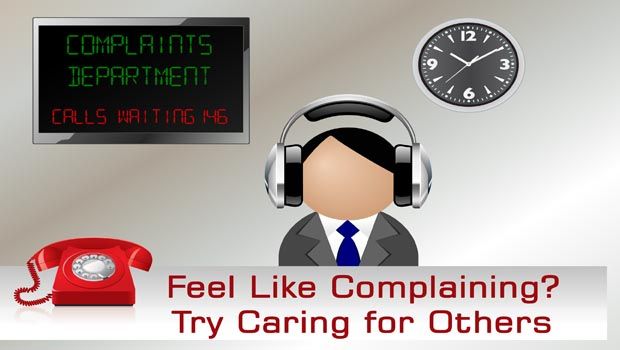Allah SWT tells us in the Qur’an, “Invite all to the way of your Lord with wisdom and good instruction, and only discuss with them in the best manner” (16:125). He also says,“There is no compulsion in religion” (Quran 2:256). In these two verses we see that dawah— inviting others to Islam — is a delicate balancing act. On one hand, our Creator commands us to call others to our deen, but He SWT simultaneously reminds us that belief cannot be forced upon anyone. Therefore, dawah must be given gently, diplomatically, and strategically. Wisdom and kindness — not arrogance or attempt to control— must be our driving intention and approach.
Indeed, calling others to Islam is an art form that should be planned and practiced. Imagine how well we could convey the beauty and message of our faith if we invested some time perfecting our delivery!
Here are some strategies we can implement when inviting others to Islam:
1. Choose the right time. Not every interaction is appropriate for an impromptu talk about Islam. If a non-Muslim approaches us with a question, however, that is often a good time to give dawah. For instance, if someone asks, “Why do you wear a headscarf” or “Why don’t you drink alcohol?” — it is a great opportunity to say, “I’m glad you asked. To understand that, I would need to tell you a little bit about Islam.Can I share that with you?”
2. Know your audience. We should try to anticipate the mindset of the person we are talking to and cater our words to them. We can attempt to dispel some of the misconceptions about Islam they might have due to their background, culture, or the media’s portrayal of Muslims. We can also try to identify common ground within our respective religious beliefs. For instance, Christians often appreciate Islam’s reverence for Mary (Mariam), the mother of Jesus (‘Isa). Regardless of their religious beliefs, most people share at least some core values like honesty, charity, and kindness, and these can be a springboard for agreement and discussion.
3. Speak with passion and sincerity, but don’t sound too eager and or that you need to convince them of anything. Rarely do people embrace Islam after one conversation! Sometimes it takes months or even years of discussion, so take it slowly and follow the lead of the person you are talking to. If they seem eager for more information, keep answering their questions, but if they seem to lose interest, we should end the conversation gracefully. This will give the listener the chance to contemplate what we’ve said and to part ways on a positive note. They will realize we are not pushy and will be more likely to approach us again with questions.
4. Don’t monopolize the conversation. Dawah is not a debate, and it’s not about proving that you are right and they are wrong. Interrupting, arguing, or dominating the conversation will only come across as rude and overbearing. When the person speaks, we should listen attentively and respectfully, especially if we disagree with their point of view. In fact, the foundation that has to be laid is one of establishing a rapport with them and making it clear that we care about what they are saying and what their viewpoint is. When we do state our opinion, we must do it politely. Remember, Allah SWT says, “…only discuss with them in the best manner.”
5. Always keep in mind that our actions speak louder than our words.Adaab or good manners are critically important in Islam. In fact, much of our dawah is actually unspoken. When non-Muslims see us engaging in acts of kindness, being honest or generous or self-disciplined, they automatically have insight into our deen. They know what Islam is through our actions, and so while we should always behave as if Allah SWT is watching (because He is), we should also remember that non-Muslims are watching us for clues that illustrate who we are and what we believe.
6. Describe how Islam benefits them. Give some examples of how our beautiful faith enhances life for people like them. Are they females who express frustration with rampant sexism? Explain how Islam empowers women. Are they men who lament the widespread lack of morals in today’s society? Explain how Islam emphasizes the importance of morality and how it is meant to permeate everything we do on a daily basis.
7. Talk in a way that is easy to understand. Avoid words your listener would not understand, including commonly-used Arabic words that many of us use spontaneously without conscious thought, but non-Muslims aren’t familiar with.
8. Practice giving dawah with a Muslim friend and give each other feedback. Role-play different conversations, with one person giving dawah and the other asking questions. This will help polish our technique and think of suitable answers to tough questions.
9. End with a call to action. Experts always advise ending a pitch with a call to action — an invitation to take a desired next step. If the non-Muslim seems interested in what we have said, we can end the conversation with a specific call to action such as “Why don’t you check out this reputable Islamic website” or “I can tell you where to get a translation of the Quran” or “Maybe you’d like to visit to a local mosque” or “Here’s a great book that explains the basics of Islam.” It might even be useful to keep a list of resources on your phone so you can have them readily available. The WhyIslam website https://www.whyislam.org/ is one excellent resource for non-Muslims.





